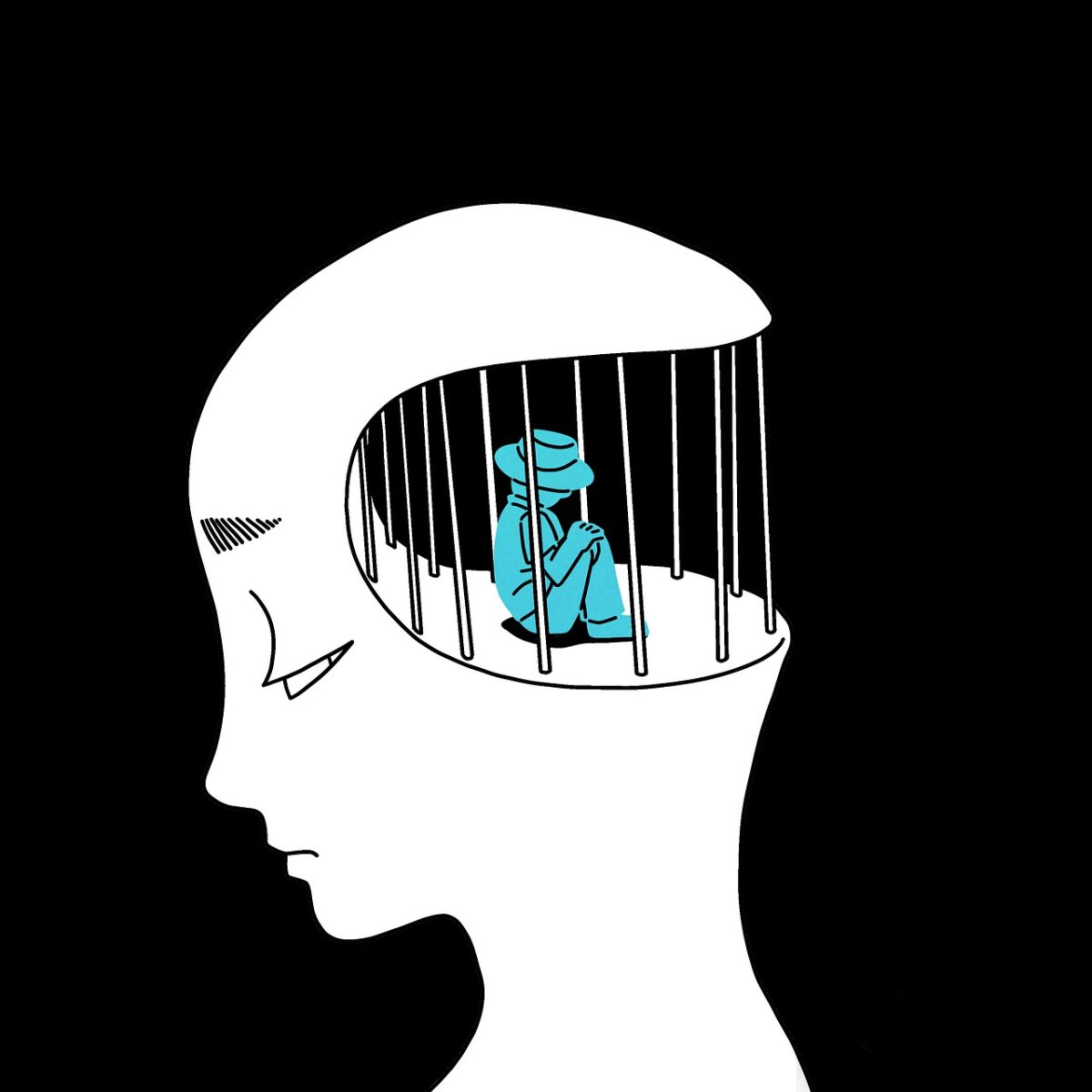Discipline is the ability to make a decision and follow them through regardless of how hard it gets, without changing your mind. Discipline is an important component necessary for achieving dreams. A person without discipline is practically guaranteed to fail in life. This is particularly true for dreams and life goals that aren’t ordinary.
An interview of the top 10 athletes in the world on why they were great all had the same answer. Discipline. We can conclude that discipline is the first step to achieving greatness. However, what happens when one lacks discipline? Here are the ways a lack of discipline can affect your life
It Keeps You From Achieving Your Goals
A lack of discipline will keep you from staying focused on your dreams. Without discipline, you wouldn’t be able to stay in control of yourself and react appropriately to life’s situations. With discipline, you’re able to stay in control and focused no matter the situation.
Additionally, a lack of discipline is an indicator of poor inner strength. You’re likely to give up once an activity becomes difficult even when said activity is necessary to achieve your goal.
According to Psychologists, people without discipline are more comfortable with mediocre performances rather than reaching for more, and engaging in any strenuous activities that will help them grow. Growth requires work and effort. This makes laziness appealing to people who lack discipline.
It Keeps You From Making Wise Decisions
Sometimes, the right choices necessary to achieve our dream or live a healthy life aren’t always easy. From maintaining a healthy diet to exercising regularly, to working even when we do not feel like it.
A person who lacks discipline is not able to make the right choices especially when it will inconvenience them. For example, while the benefits of regular exercise are enormous, it requires discipline to stick to it. A person who lacks discipline is more likely to skip exercising altogether simply because it’s just too hard.
Lack Of Lack Inner Strength/Character
Dr. Steve Peters in his bestseller ‘The Chimp Paradox,’ remarks that we are already who we want to be. It’s just our minds and the choices we make that are stopping us from behaving in the way we would love to behave. For example, you might desire to be a kind person but easily lose your temper. In such a situation, you do not need to try to be a kind person as you already are kind. What you need to work on is the discipline to keep your temper in check. When you are not disciplined, everyone will see you as a hateful person because of your lack of control over your temper.
It Reduces Your Chance Of Succeeding In Life
Sadly, most goals/dreams are not easily achieved. To achieve a goal, you need motivation, hard work and considerable effort. These things cannot be done easily and require discipline to accomplish.
When you lack discipline, you are less likely to put in the effort required to achieve your dreams. A person who lacks discipline will always shy away from tough challenges.
When you do not meet the needed requirements, you’ll remain stagnant and the quality of your life will not improve.
Nothing worthwhile is achieved easily. You will have to face challenges and overcome various obstacles. The difference between success and failure is our ability to persist and persevere when faced with difficult situations.
You Will Have Poor Relationships
When you lack discipline, it is difficult to build strong relationships. The characteristics highly regarded in a relationship such as honesty, integrity, dependability, and loyalty require a strong mental character. A strong mental character is only developed through discipline. The chances of you exhibiting these characteristics when you lack discipline are low.
Final Thoughts
Self-discipline is supposed to be taught to us and instilled in childhood by our caregivers. Unfortunately, this is not always the case, but that does not mean we are doomed forever. You can teach yourself self-discipline as an adult. This is a major element of personal development and personal growth, since when we develop our self-discipline, it has a very positive effect on all areas of our selves and our lives.


